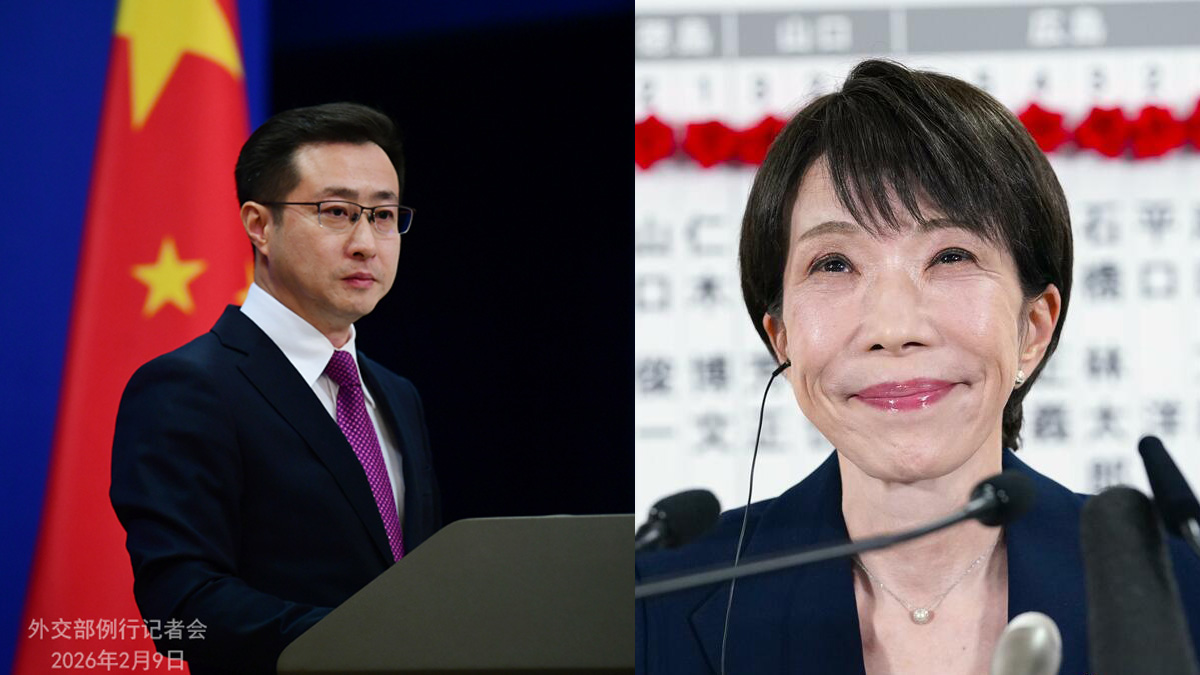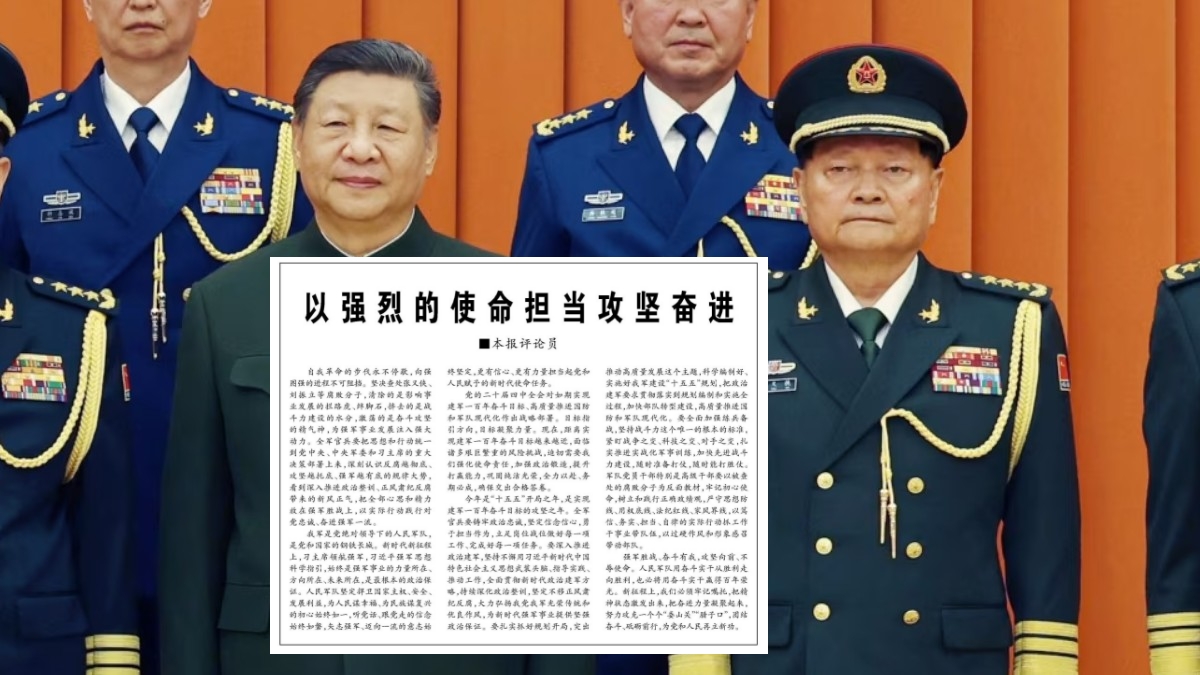China reimposes Japanese seafood ban amid Taiwan row, but Japan downplays impact
China has reimposed a ban on Japanese seafood imports, criticising Prime Minister Sanae Takaichi's Taiwan comments and citing regulatory concerns, but Japanese experts argue the economic impact will be limited due to diversified export markets.

- China has suspended Japanese seafood imports, citing safety monitoring concerns and political tensions.
- Tokyo-based experts say Japan's seafood industry has diversified and will see limited impact.
- Economic analysts urge Japan to reduce reliance on China amid risks of coercive trade actions.
China has suspended all imports of Japanese seafood, citing the need for further monitoring of treated water from the Fukushima Daiichi nuclear power plant and growing political tensions over Taiwan.
The decision was conveyed to Japanese authorities through formal diplomatic channels on 19 November 2025.
Speaking at a regular press briefing, Ministry of Foreign Affairs (MFA) spokesperson Mao Ning criticised Japanese Prime Minister Sanae Takaichi’s recent comments in parliament suggesting that a Taiwan emergency could constitute a threat to Japan’s national survival.
Mao stated that such remarks “seriously damage the political foundation of China-Japan relations” and warned of firm countermeasures if they are not retracted.
While the suspension has triggered concern over bilateral relations, marine and economic experts in Japan have played down its likely economic effect.
Associate Professor Katsukawa Toshio of Tokyo University of Marine Science and Technology commented in a social media post on 19 November that since China’s 2023 ban, Japan’s seafood exports have increasingly targeted other markets. “Japan’s seafood exports have continued to grow without relying on China,” he wrote on X (formerly Twitter).
He cited government data showing that in the 2024 fiscal year (April 2024 to March 2025), exports to China accounted for just 3.8% of total Japanese seafood exports.
“Even if exports to China are suspended again, the effect is limited,” Katsukawa added, predicting that Japan will continue to expand its seafood trade globally without dependence on the Chinese market.
Echoing this view, Takashi Kadokura, an economist at BRICs Research Institute, posted on X that Japan’s efforts to diversify seafood export destinations after the initial 2023 ban have helped mitigate the current disruption. However, he cautioned against complacency, warning that over-reliance on a politically sensitive market such as China poses long-term risks.
“Once political or economic conflict arises, China may use trade restrictions as a form of economic coercion,” he wrote. “Japan should reduce its dependence on China as much as possible to avoid severe damage to its seafood industry.”
Tomohisa Ishikawa, research director at a Japanese public policy think tank, offered similar analysis in comments to The Paper (澎湃新聞) on 19 November. Ishikawa noted that although China’s large population makes it an attractive market, Japan’s food exports to other regions have grown substantially.
“Even though exports to China and Hong Kong declined in 2024, shipments to other countries reached record highs,” he said. Ishikawa called for calm diplomacy and continued diversification: “Japanese food is among the most globally admired, and the government should steadily expand to new export destinations.”
The seafood ban follows a brief period of resumed exports. On 7 November, Japan’s Ministry of Foreign Affairs announced that China had lifted part of its earlier restrictions, allowing seafood imports from 37 Japanese prefectures.
That partial reopening had followed bilateral discussions, though products from 10 regions, including Fukushima and Tokyo, remained prohibited.
According to Agriculture Minister Norikazu Suzuki, nearly 700 Japanese exporters applied for re-registration to ship seafood to China, but only three were approved. A shipment of six tonnes of frozen scallops from Hokkaido arrived in China on 5 November, and salted sea cucumbers from Aomori were scheduled for export on 10 November.
The latest suspension has again halted that recovery. The Paper reported that the Chinese government cited ongoing safety concerns linked to Fukushima’s treated wastewater release. However, analysts widely interpret the move as a political response to Takaichi’s Taiwan remarks, which have drawn condemnation from Beijing and nationalist backlash from Chinese state media.
The broader economic fallout is already being felt beyond seafood. Over 10 Chinese airlines have announced refunds on Japan-bound flights through 31 December, with some analysts estimating 500,000 cancellations.
According to the World Travel & Tourism Council, tourism accounts for roughly 7% of Japan’s GDP, with travellers from mainland China and Hong Kong making up about one-fifth of all arrivals.
Japan’s foreign ministry has urged citizens in China to exercise caution and avoid crowded places. Academic and cultural events have also been disrupted. The MFA in Beijing confirmed that a bilateral academic conference due to start this week has been postponed, while a friendship event scheduled in Hiroshima on 21 November has been cancelled.
Some Japanese celebrities with large Chinese fanbases have issued public statements in support of China. On 18 November, singer MARiA posted on Weibo: “China is like my second homeland... I will always support One China.”
Though the seafood ban may be economically contained, its symbolism underscores the fragility of Japan-China relations amid rising geopolitical pressures in the region. With diplomatic resolution appearing unlikely in the short term, Japan faces the ongoing challenge of balancing trade goals with political realities.







